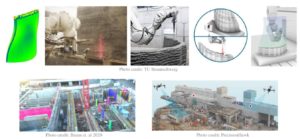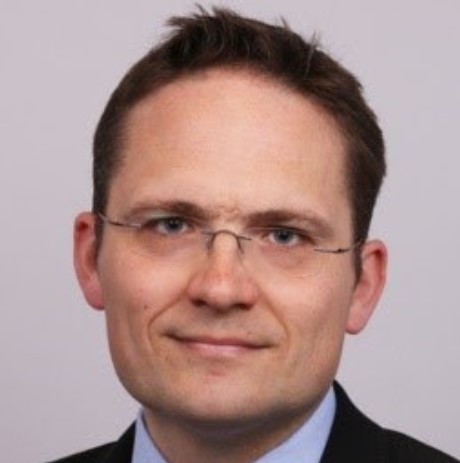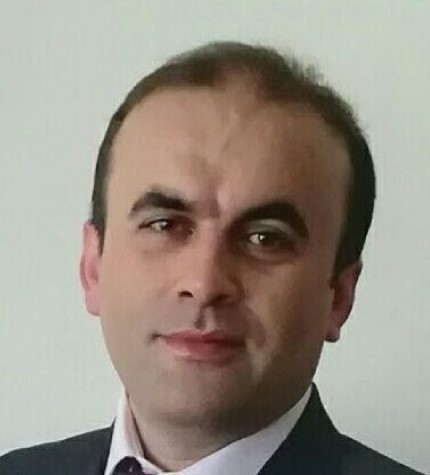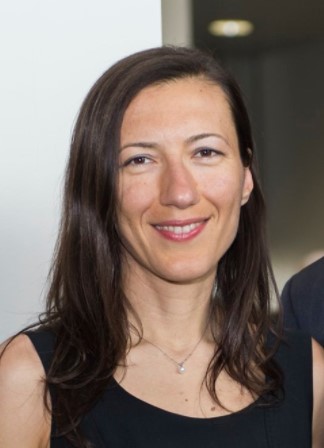Reality capture and quality inspection in digital construction

Utilizing digital technologies to design and build more efficiently with higher quality has been gaining a lot of interest in the Architectural, Engineering and Construction (AEC) industry since utilizing these technologies are proving to improve safety, resource-efficiency and being more sustainable. For example, three-dimensional (3D) printing of a building or its components increases the freedom of form, degree of automation and individualization of the products. Nevertheless, 3D digitally fabricated buildings tend to be geometrically more complex and hence bring new challenges in data collection and inspection processes. Moreover, highly-demanding automation in modern construction projects involving the use of digital technologies necessitate special considerations in sensor selection, strategy adaptation, and efficient data processing.
we welcome the papers related -but not limited- to the following topics:
- Opportunities and challenges that digital construction and 3D printing bring to the current data capturing and inspection methodologies
- Inspection challenges in various 3D concrete printing methods (contour crafting, shotcrete, and particle-bed)
- Analysis/Evaluation of sensors (systems) for the purpose of reality capture and quality inspection in digital construction
- Sensor selection for inspection of digitally fabricated buildings and components
- Progress monitoring of the construction projects
- Data exchange between inspection systems and BIM
- Augmented Reality and Mixed Reality in digital construction
- As-built vs. as-designed in 3D printing (coregistration, inspection metrics, etc.)
- Exploration of the geometric conformity of manufactured parts
- Coregistration and localization of the moving robots and sensors in building coordinate systems
- Increasing automation in quality inspection (IoT, Industry 4.0, etc.)
The session will feature invited speakers and is open to all authors.
Session chairs: Mehdi Maboudi (Technical University of Braunschweig, Germany), Markus Gerke (TU Braunschweig, Germany), Yelda Turkan (Oregon State University, US), Norman Hack (TU Braunschweig, Germany)




